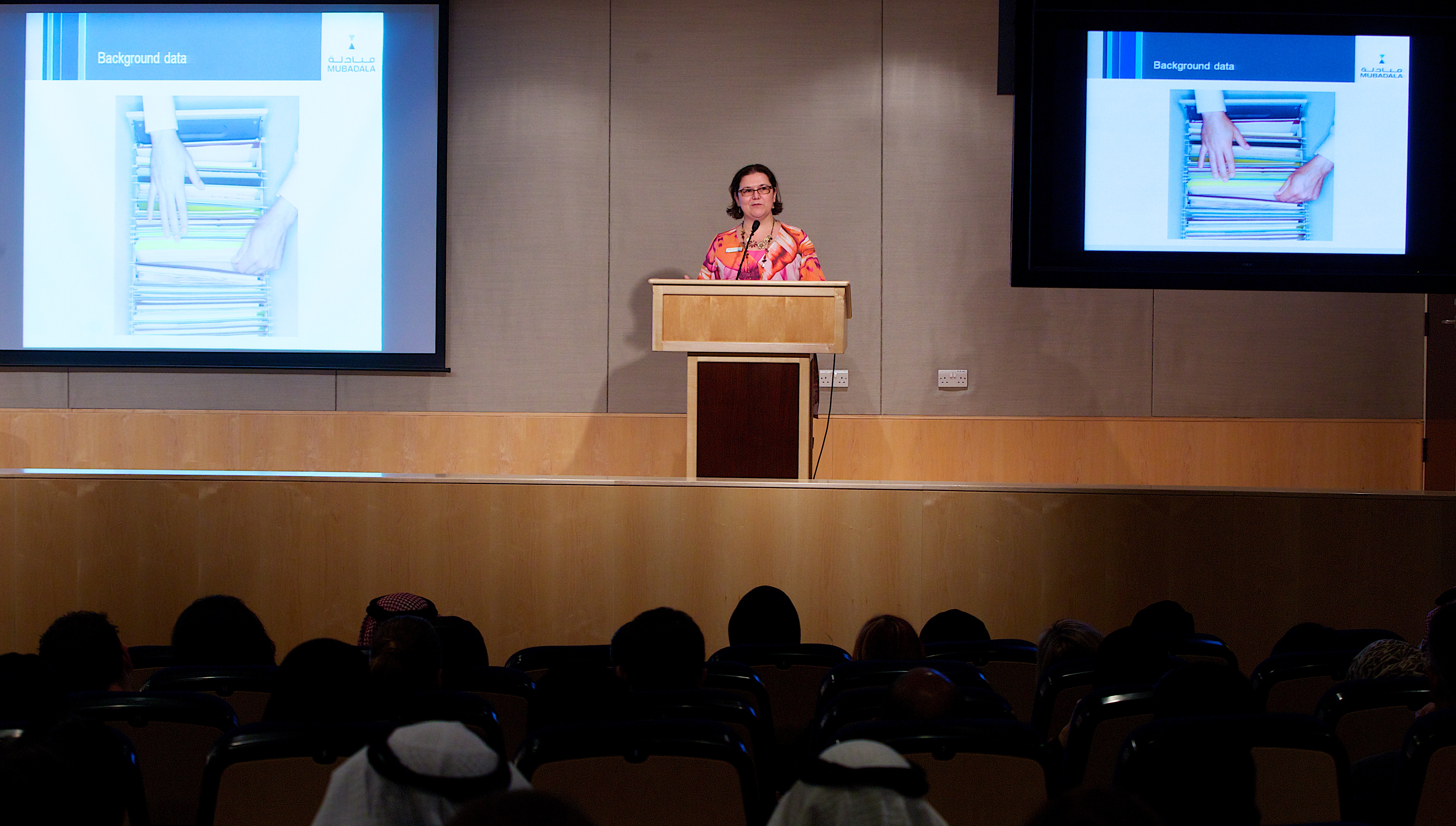My latest post was covering the aging population in Europe, and the impact it has on pensions. Today we will go through what is happening in the GCC.
Expat pensions
In the mean time in the GCC, the situation is pretty different. Here, we have very young countries where only the local citizens are eligible to pension. So the expats (the vast majority of the workforce) are not mandated to contribute towards their future retirement. Sometimes it is said that the End of Service payment was created as a form of “pension” for expats, yet it could also be argued that it is only the equivalent of the end of service payments that people receive when they are let go in Europe – and in any case, the maximum amounts are so low that they are not in any way comparable to what a pension would provide over the lifetime of the person.
A few days ago, there were renewed talks of introducing mandatory pension schemes for expats, but these discussions were already taking place before the crisis, and in any case it would take time to put such a system in place. Anyways I think these schemes would be more like savings scheme, fully portable between employers and also between countries so that the expats can move their pension fund with them wherever they go.
Pensions for local Nationals
By contrast, local Nationals contribute a small % of their salary (eg : 5% in Abu Dhabi) towards their pension fund, their employer contributes a larger amount (15% in Abu Dhabi) and the Government also contributes (6% in Abu Dhabi).
The system is Defined Benefit, with guaranteed income when the person retires. Usually, eligibility to pension income comes after a very short time, such as 15 years in the UAE to get 60% of basic pay (+2% for very additonal year). It is a very generous system, funded mostly through the local governments (given that the majority of local Nationals are employed in the government or semi-governmental secotr). This system made sense 40 or even 20 years ago, when the local population was very small, the hydrocarbon income was flowing and it seemed there would not be an end to these oil and financial reserves.
Demographic and economic outlook
But in the meantime, most of the oil reserves have been estimated, and local governments have become fully aware of the need to diversify their economy away from hydrocarbons and to plan for a future where this significant source of State income will not be available anymore. And there has been a massive demographic boom.
Nationals continue to have many babies, and with the rapid progress in access to healthcare, the mortality rates of newborns and mothers have declined. More babies survived. At the same time, the improved access to healthcare and the improved living conditions mean that local Nationals now live longer than ever – and life expectancy has surged very rapidly.
What does it mean ? With 60% or more of their citizen population under the age of 25, the threat to the pension system is not for today. But wise Governments are fully aware that they will not be able to continue funding such generous benefits for very long because in about 20 years, just at the time when their income from oil or gas should virtually disappear, the first of the current young would become eligible for retirement (if nothing is changed in the current system). How will they be able to pay ? The current approach, if unchanged, is not sustainable in the long term.
Of course we don’t hear much about this in the media. But I am convinced, and hope, that there are studies being undertaken at the moment in order to find solutions and anticipate the situation. I don’t claim to be a specialist in this field, but I can imagine a few case scenarios.
I would not be surprised if the required contribution time increases gradually. For example an Emirati could be required to work 20 or 25 years before being eligible to retirement. (By comparison, in Europe the contribution is now around 40 years or more for pension eligibility).
I would not be surprised if employee and employer contribution percentages increase. This would be especially true as the private sector is encouraged to expand, and the Emiratisation/Nationalisation efforts are geared towards getting more local Nationals into jobs away from the government sector.
I would not be surprised if the guaranteed income decreases (for example, away from full last basic pay replacement, to a % of average basic over the last 5 or 10 years before retirement).
I would not be surprised if hybrid systems were introduced, with part Defined Benefit and part Defined Contribution. The DC scheme, if rules are put in place mandating a certain amount to be invested in equity of local companies, could also contribute towards more active local stock exchange markets and would at the same time support the expansion of the local private sector. This is after all what the UAE is considering for the potential pensions of expats, with 15% local investment mandated in the schemes at the time of this writing. There are many other things that could be implemented, such as through the creation of taxes and so on.
What is sure is that in the coming years, the pension landscapes in Europe and the GCC will both undertake massive changes. So what is your view ? What do you think will happen? Please share your thoughts in the comments section !


Speak Your Mind